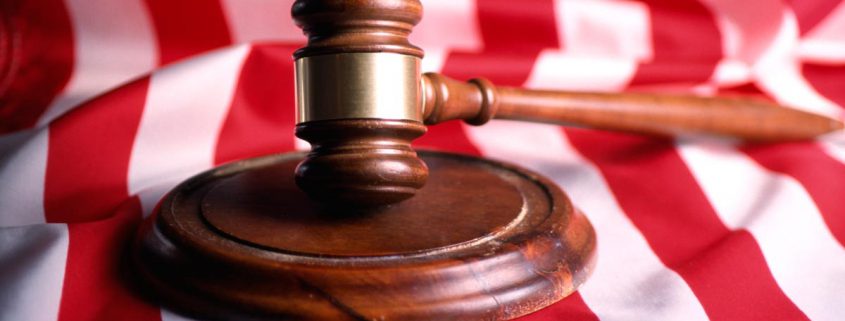
New Jersey DCP&P Superior Court Procedures
How the Superior Court Process Works in a Division of Child Protection and Permanency (DCP&P) Case in New Jersey: New Jersey’s Division of Child Protection and Permanency (DCP&P), formerly known as the Division of Youth and Family Services (DYFS), is the state agency that investigates reports of child abuse or neglect and sometimes initiates court actions based on such claims.
If DCP&P (formerly DYFS) has initiated an action against you based on a claim that you abused or neglected a child, you need immediate information, and you need attorney representation. We understand how the New Jersey courts work in DCP&P cases. We also understand how emotionally difficult this kind of situation can be. Weinberger Divorce & Family Law Group, LLC ‘s knowledgeable and compassionate family law attorneys will take the time to help answer any questions you have regarding child and parenting issues specifically related to the DCP&P process.
For an overview of how child abuse and neglect reports are investigated under New Jersey law, see:
New Jersey Division of Child Protection and Permanency (DCP&P)
A Superior Court case initiated by DCP&P goes through several steps, usually including the following:
Order to Show Cause and Complaint
DCP&P begins a court process by filing an Order to Show Cause and a Complaint. These papers will explain why DCP&P believes that you abused or neglected your child and may request temporary removal of the child from the home. In addition, these documents will require you to appear in Court at a specific date and time. The court sets a preliminary hearing date when the initial papers are filed. If DCP&P removes your child from the home on an emergency basis, without having gone to Court first, they must file a Complaint the next business day, and you will be entitled to have a preliminary hearing at the time of filing.
Preliminary Hearing
At the preliminary hearing, the judge decides whether DCP&P can continue with the case and whether the child should live outside of the home while the case goes forward. In some cases a judge will allow a child to stay at home if satisfactory supervision is available, or if the abusive parent leaves the home. The judge may order services such as psychological evaluations, substance abuse testing or treatment, or domestic violence services. The service providers will issue reports and recommendations to the court on a periodic basis.
Discovery
If the judge decides that the case should go forward, there will be a period during which both sides gather additional information. This is called “discovery.” The judge may also schedule a status or case management conference to be held sometime after the preliminary hearing, so that the judge can keep track of where the parties are in the discovery process.
Fact-Finding Hearing
Discovery is usually followed by a fact-finding hearing, which is equivalent to a trial. At the fact-finding hearing DCP&P will present evidence of the claims against you, and you will have the right to present a defense. Preparing for this hearing with an attorney is the best way to protect your interests.
Dispositional Hearing
At the conclusion of the fact-finding hearing, the judge will decide whether you have abused or neglected your child and will explain the reasons for the decision. If the judge does find abuse or neglect, there will be another hearing, called a dispositional hearing—which is generally held immediately after the fact finding hearing, during which the judge will order steps you must complete, such as participation in counseling, substance abuse treatment or parenting classes. The judge will also decide whether or not the child may live in the home while these steps are completed. You have 45 days following a dispositional hearing to file an appeal.
Review Hearings
If the court has ordered services at the dispositional hearing, there will be additional review hearings to monitor progress. The court will dismiss the case and allow the child to live in your home only if it determines that the home is stable and safe. It is very important to comply with everything the court orders at the dispositional hearing.
Permanency Hearing
If the case stays open for more than a year, the court will conduct a permanency hearing. At this time DCP&P will present a plan for a permanent solution that provides a stable long-term living arrangement for the child. You have the right to present an alternative plan. If DCP&P does not believe that your home can become a safe place for your child, there is a risk that they will file a separate court case to terminate your parental rights. Your attorney can give you more information about this risk, as well as discussing all potential permanent solutions.
The New Jersey attorneys at Weinberger Divorce & Family Law Group, LLC understand how extremely stressful a DCP&P (formerly DYFS) court process can be. If you have questions about any part of the process, our experienced and skillful attorneys can help you understand your options. Call us today at (855) 993-3858 to schedule an initial confidential consultation.

